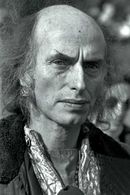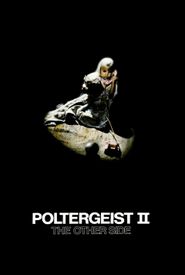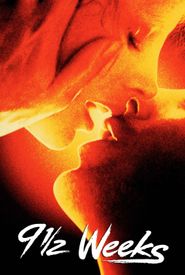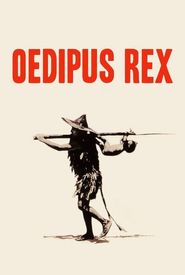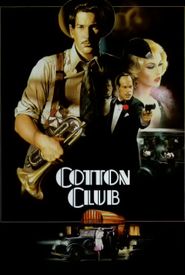Julian Beck was a pioneering figure in theatre, revolutionizing playwriting and acting in the 1950s and 1960s. Born in Washington Heights, Manhattan, Beck was the son of Irving and Mabel Lucille Beck. He studied at the College of the City of New York and briefly attended Yale University before abandoning his studies to pursue a career in writing and art.
Beck's early life was marked by his passion for abstract expressionist painting, but his life took a dramatic turn when he met his future wife, actress and director Judith Malina, in 1943. The couple co-founded The Living Theatre in 1947, which would become a hub for the off-off-Broadway movement and the vision of performance art.
The Living Theatre was deeply influenced by the ideals of Antonin Artaud, who advocated for the Theatre of Cruelty, seeking to jar audiences out of their complacency. The group's plays were presented in unconventional venues, including street corners and prisons, and often featured collective improvisation, nudity, and audience participation.
Beck and Malina were among the first to import the plays of Bertolt Brecht and Jean Cocteau, as well as modernist poets such as T.S. Eliot and Gertrude Stein. Their productions often pushed boundaries, exploring themes of drug addiction, politics, and social change.
The couple's most controversial work was "Paradise Now" (1968),a free-form denouncement of American life that involved nudity and audience participation. Other notable productions include "The Brig" (1963),"In the Jungle of the Cities" (1960),"Frankenstein" (1968),and "Antigone" (1968).
Beck's intense, imposing acting style was captured in films such as "The Cotton Club" (1984) and "Poltergeist II: The Other Side" (1986),a rare major role that became his final movie. He was diagnosed with stomach cancer in 1983 and died on September 14, 1985, at the age of 60.
